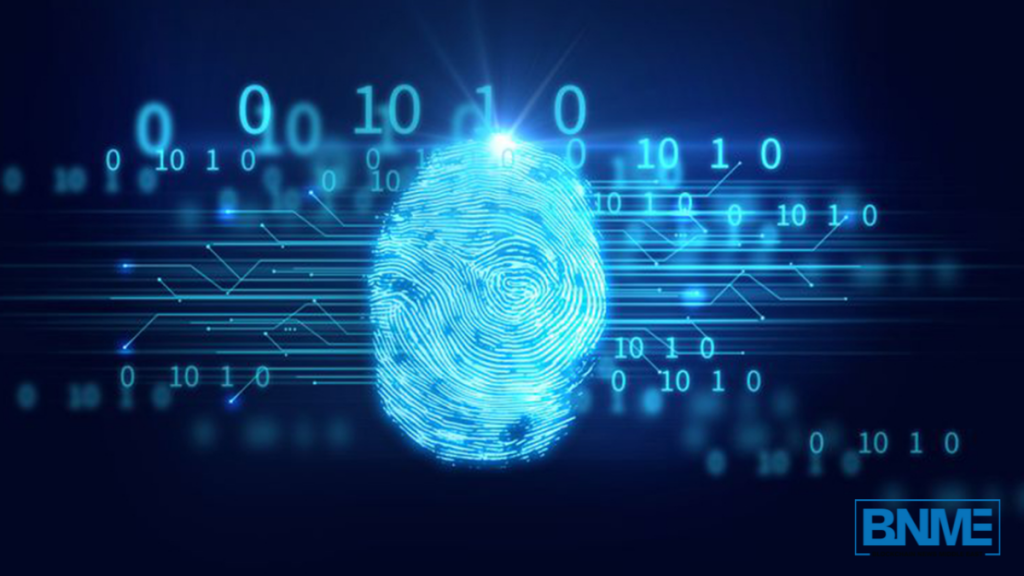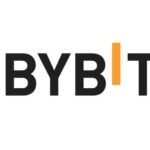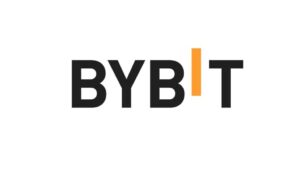Blockchain technology has become a widespread phenomenon in recent years. However, blockchain technology is not free from flaws and issues such as security issues. Although blockchain technology is known for its immutability which provides security, applications built over it are still susceptible to malicious attacks, affecting its reliability. This article will take the security aspect of blockchain technology centered around the Blockchain Security Audit.
What is Blockchain Security Audit?
Blockchain technology requires ultimate care when it comes to security. In 2020, a popular cryptocurrency trading platform, 2gether, was attacked by cyber criminals, which led to a loss of over $1.3M. This is where blockchain security audit comes in to prevent such a situation.
Blockchain security audit ensures the safe release of projects on the blockchain. It involves going through the workings of the blockchain network deeply, searching for errors that allow malicious attacks. It enables cybersecurity specialists to analyze the set of codes entered into it. Blockchain needs a security audit because it provides digital information with security because of its immutability.
Avoiding Blockchain Security Attacks by Cybercriminals
Common attacks that have surfaced in recent times are:
• Phishing attacks
Phishing attacks steal people’s particulars or information by deceiving users into logging into the attacker’s wallet. Doing this makes the scammer the new recipient of any transaction.
• Sybil attacks
In Sybil attacks, the cybercriminal attacks the target network with activities that are not true, thereby causing the system to crash. Sybil attacks influence the decision-making of the network.
• 51% attacks
A 51% attack is also known as a majority attack. In a 51% attack, a cybercriminal gains control over half of the network’s hashing power. It leads to a disruption of the network.
• Routing attacks
In routing attacks, cybercriminals divide the network into two or more components.
How to conduct a blockchain security attack
Blockchain security sudits can be classified into Manual Audits and Automated Audits. In manual audits, security professionals or specialists are called to perform audits or audit codes to scan for vulnerabilities. Automated audits use blockchain security audit tools to perform a smart code review to detect bugs. Automated audits are faster than manual audits and not as costly as manual audits.
Essential steps to note in security auditing include information and documentation gathering, defining audit process and goals, unit test cases on developer’s code, final reporting, code refactoring, initial reporting, and manual review.
Advantages and Disadvantages of Blockchain Security Audits
The advantages of Blockchain Security Audits are numerous. It helps to identify significant loopholes in your projects, build a level of trust in your customers, and discovering errors in a code. The audit is further key for optimizing for better performance, protecting your code, and acting as a barrier to potential threats and attacks.
Although the advantages of Blockchain security audits outweigh the disadvantages, it does not dispute that some of these disadvantages should be taken into consideration. Security audits are generally known to be very costly. It often costs a thousand dollars in addition to the project’s cost. Also, relevant information that should be kept private must be shared with auditors to ensure a smooth process. Security auditing is one of many forms of security required by smart contracts; the high cost and data leak risk is a major disadvantage that might discourage one from following through with the process.
Conclusion
Block security audit goes far beyond identifying and fixing problems of security attacks. It is vital to deal with potential threats so that organizations can build a certain level of trust and confidence in their customers, establishing them as leaders in the blockchain industry.




























